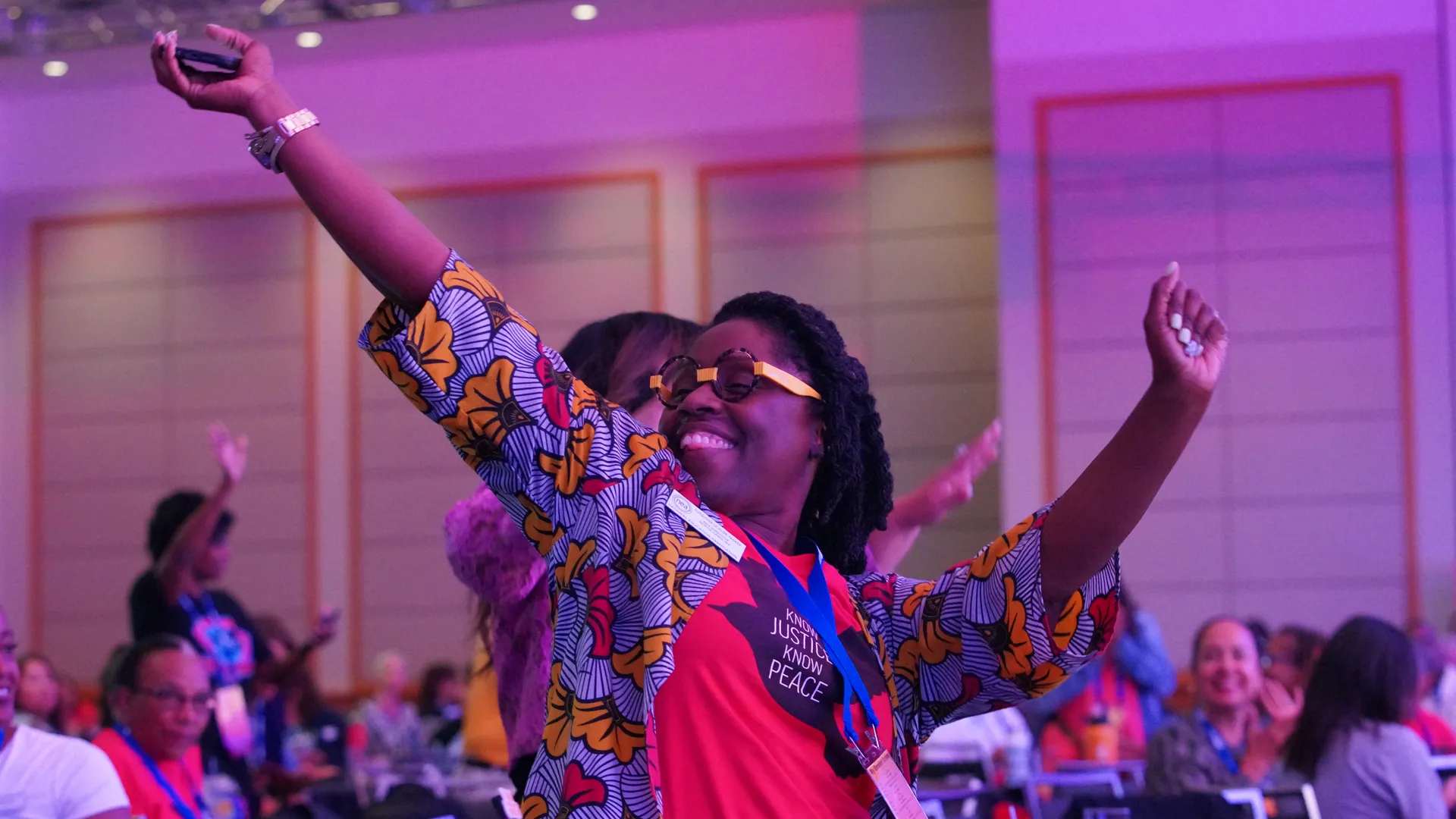
Key Takeaways
- Educators left the Conference on Social and Racial Justice with concrete strategies to foster inclusive, student-centered learning and build collective power in their communities.
- The conference emphasized joy as an act of resistance and healing, especially for educators of color and marginalized communities.
- Attendees were reminded that transformative change starts with truth-telling, organizing, and protecting our students—no matter the political climate.
Educators from across the nation gathered in Portland, Ore., for NEA’s 2025 Conference on Racial and Social Justice, a space where public school advocates confronted injustice, affirmed their values, and prepared to transform their classrooms and communities.
Over three days, attendees heard from inspiring guest speakers, such as Shalayla Williams, an enrolled member of the Confederate Tribes of Umatilla, Walla Walla and Cayuse band; Steph Littlebird, an artist, author, and curator, an enrolled member of Oregon’s Grand Rone Confederated Tribes; and Imara Jones, creator of TransLash Media, an independent news organization that tells trans stories to save trans lives. The trio grounded participants in their rich cultural histories, the devastation faced by their people, and their enduring resilience. They reminded attendees that truth-telling is essential to healing and justice.
NEA President Becky Pringle opened the conference with a call to action: “We are doing nothing short of fighting for freedom,” she said. “We are the freedom fighters of this generation. We are the freedom fighters right now.”
The conference sessions reflected that urgency, offering educators the skills to organize, resist, and reimagine a more inclusive and equitable future.
Workshops that equipped and empowered
Among the most compelling workshops was “Authenticity, Rigor, and Impact: Pedagogies of Disruption,” which challenged educators to reframe instructional design through project- and place-based learning that centers student-led decision making.
Another standout session, “Healing Racial Battle Fatigue and Reconnecting with Joy,” offered strategies for educators of color to acknowledge trauma, restore joy, and reclaim well-being through reflection and mindfulness.
In “Beyond Surviving: Creating Schools Where Trans and Non-Binary Students Thrive,” educators gained tools to support transgender and non-binary students, especially amid the more than 550 anti-LGBTQ+ bills introduced nationwide.
“We are in a battle for the very soul of democracy,” said NEA Vice President Princess Moss, whose message reflected the conference’s central theme: Not just resistance, but renaissance. “Joyfully building something better,” Moss added.
One thing was clear—attendees were not leaving empty-handed. They were taking home strategies, stories, and fire “to organize communities, block by block, ballot by ballot,” said Pringle.
What Educators Are Taking Home
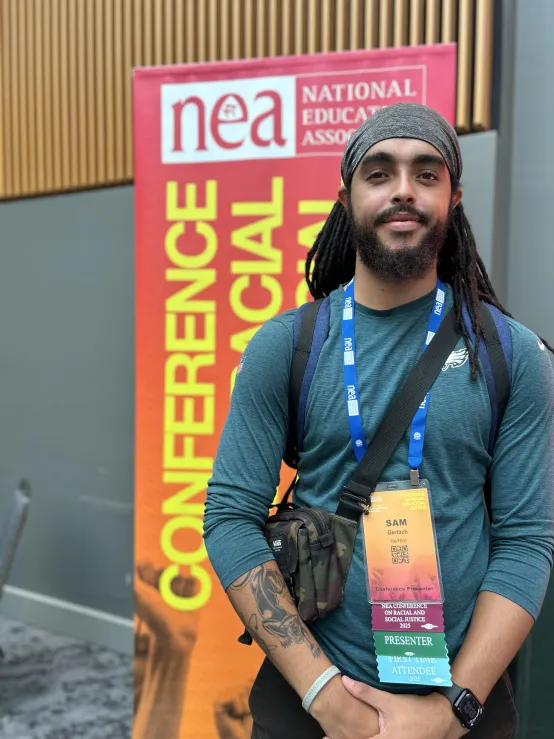
Sam Gerlach
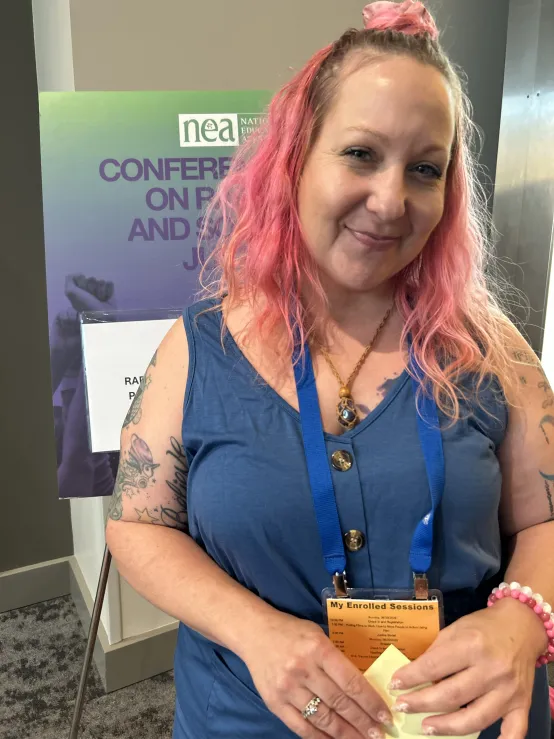
Nicole “Nikki” Janzen
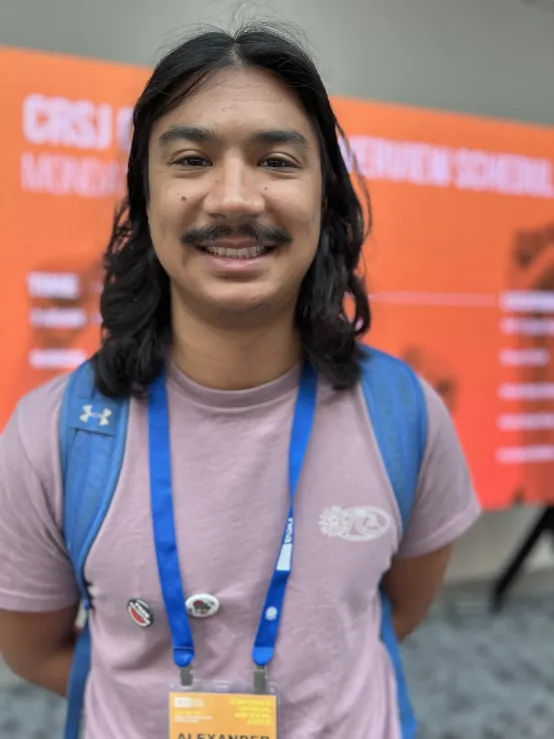
Alexander Tan
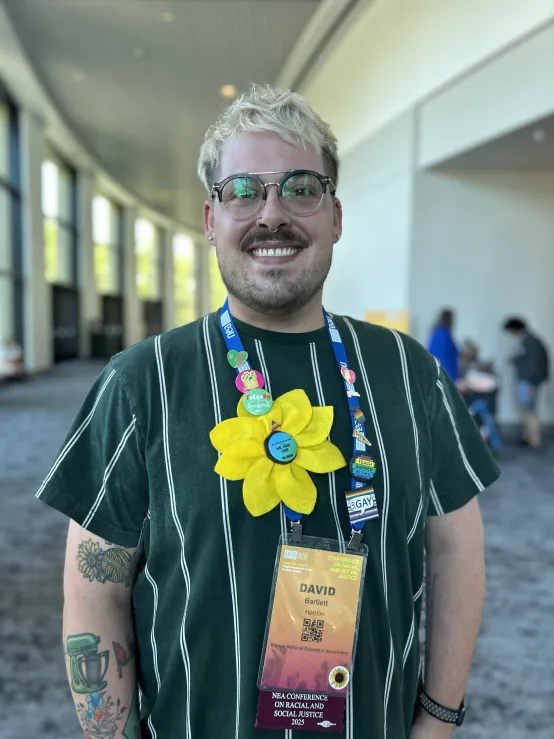
David Bartlett
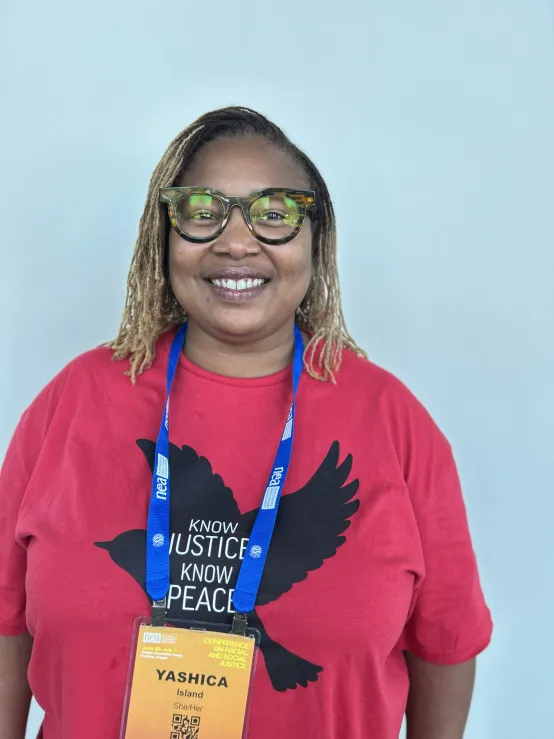
Yashica Island
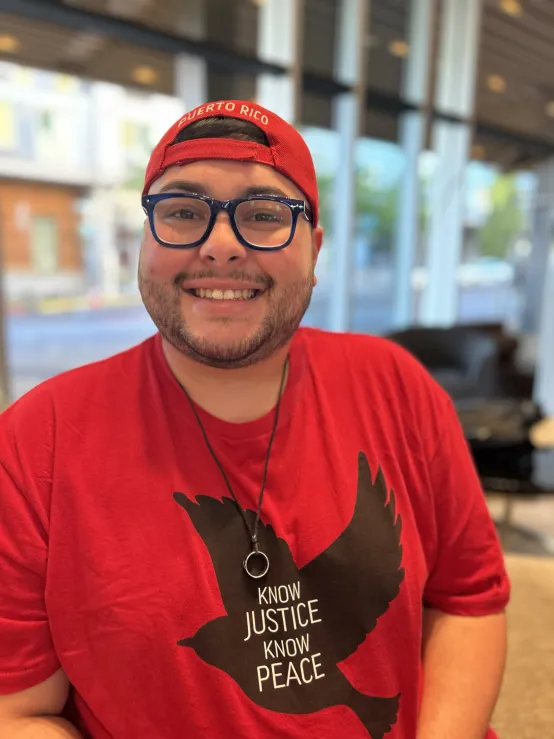
Alex Rivera Ortiz
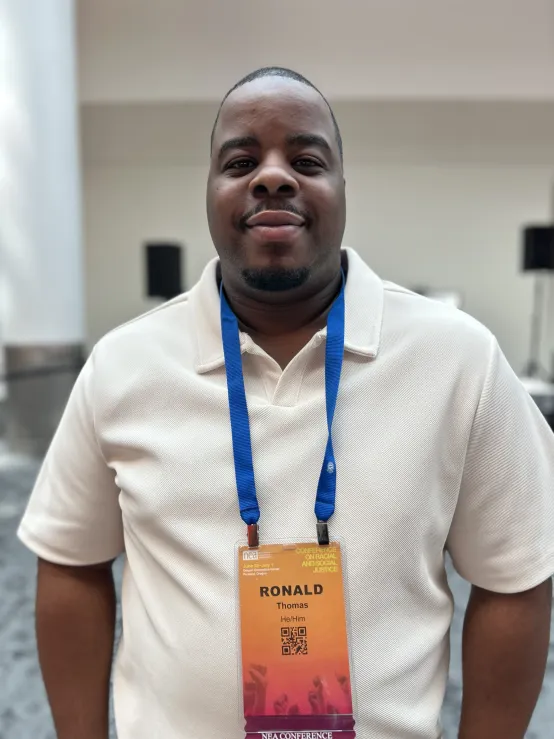
Ronald Thomas
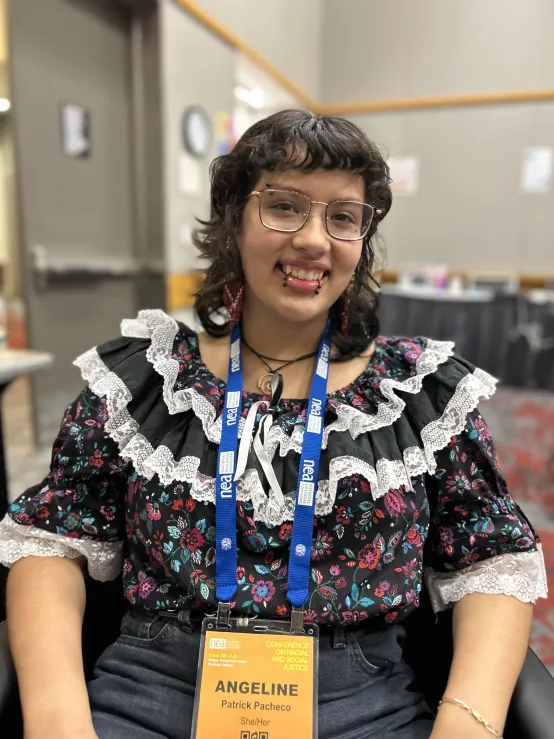
Angeline Patrick Pacheco
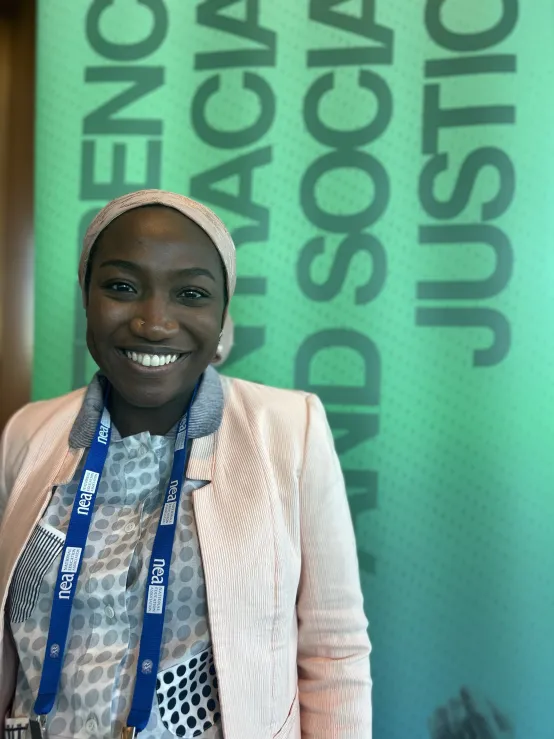
Animata Dia
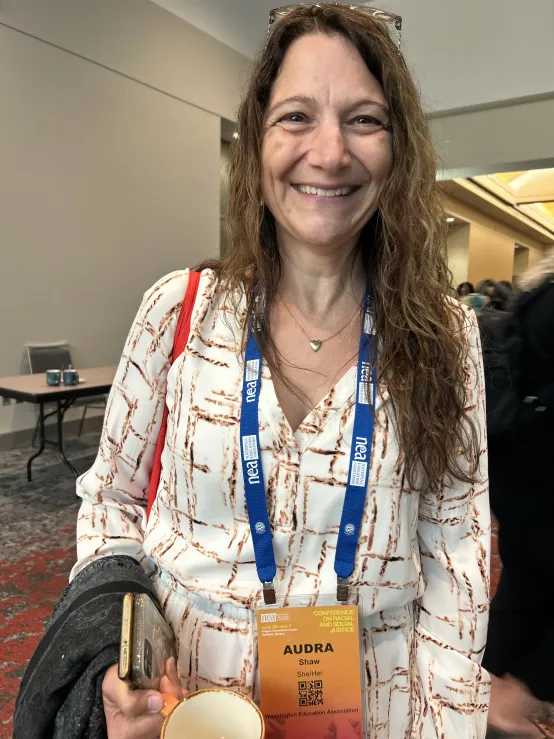
Audra Shaw
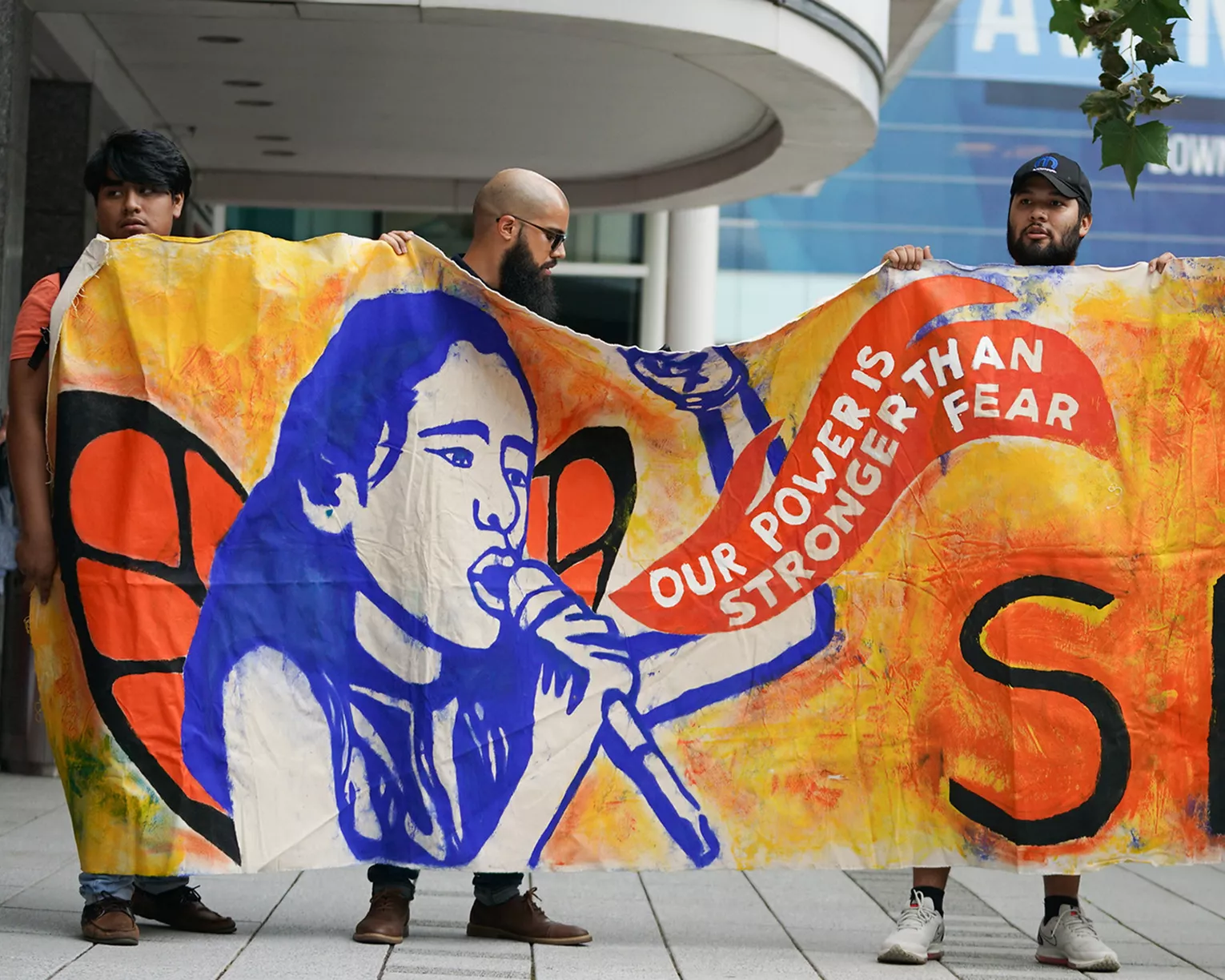
Take Action on Racial & Social Justice
We are on a mission to dismantle unjust systems, and together, as educators and allies, we can take actions to address the inequities that result from institutionally racist policies and practices in our schools and the communities in which our students live.
Join us to work for access and opportunity for all students.
